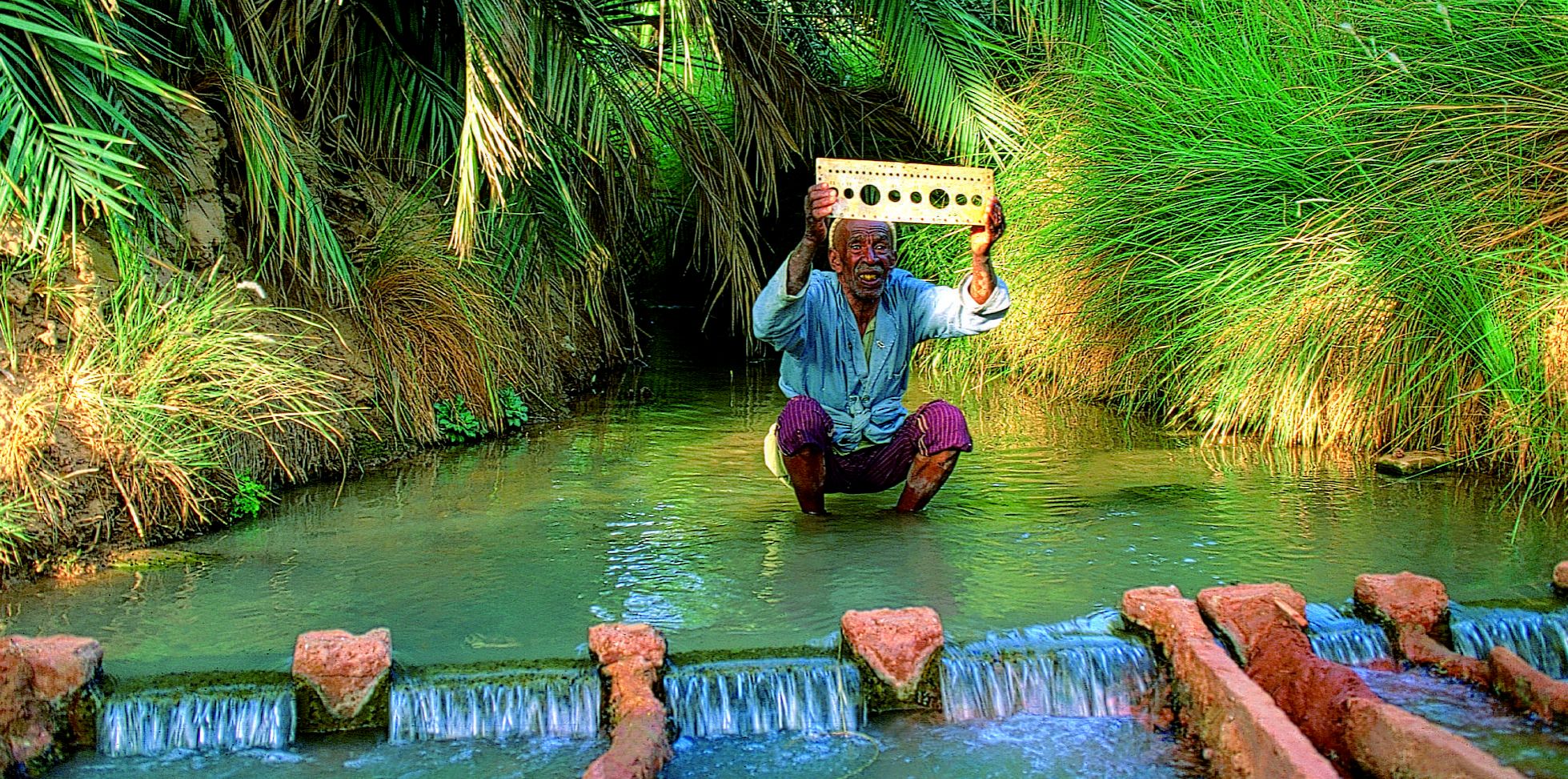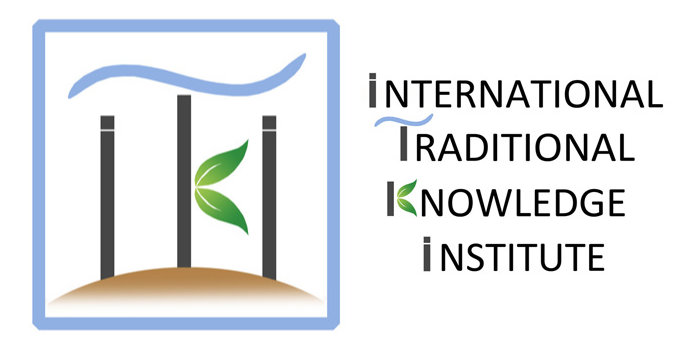
TRADITIONAL KNOWLEDGE IN LEGAL CONTEXT
The protection of traditional cultural expressions should aim to Recognize value, Promote respect, Meet the actual needs of communities, Prevent the misappropriation and misuse of traditional cultural expressions, Empower communities, Support customary practices and community cooperation, Contribute to safeguarding traditional cultures, Encourage community innovation and creativity, Contribute to cultural diversity, Promote the community development of indigenous peoples and communities and traditional and other cultural communities and legitimate trading activities, Preclude unauthorized IP rights and Enhance certainty, transparency and mutual confidence.
At the time of writing there is no international normative framework governing the identification and protection of TK, although WIPO (World Intellectual Property Organization) is aggressively pursing the construction of such a framework. Some national governments have established or are in the process of establishing protocols for the inventory of TK and the protection of associated IP (intellectual property) rights. Examples include India, China and Korea (see above).

Established by the WIPO General Assembly in October 2000, the WIPO Intergovernmental Committee on Intellectual Property and Genetic Resources, Traditional Knowledge and Folklore (IGC) is undertaking text-based negotiations with the objective of reaching agreement on a text of an international legal instrument (or instruments) that will ensure the effective protection of traditional knowledge (TK), traditional cultural expressions (TCEs)/folklore and genetic resources.
ITKI fully embraces the objectives expressed in the IGC draft document:
The protection of traditional cultural expressions should aim to:
Recognize value
Recognize that indigenous peoples and communities and traditional and other cultural communities consider their cultural heritage to have intrinsic value, including social, cultural, spiritual, economic, scientific, intellectual, commercial and educational values, and acknowledge that traditional cultures and folklore constitute frameworks of innovation and creativity that benefit indigenous peoples and traditional and other cultural communities, as well as all humanity;
Promote respect
Promote respect for traditional cultures and folklore, and for the dignity, cultural integrity, and the philosophical, intellectual and spiritual values of the peoples and communities that preserve and maintain expressions of these cultures and folklore;
Meet the actual needs of communities
be guided by the aspirations and expectations expressed directly by indigenous peoples and communities and by traditional and other cultural communities, respect their rights under national and international law, and contribute to the welfare and sustainable economic, cultural, environmental and social development of such peoples and communities;
Prevent the misappropriation and misuse of traditional cultural expressions
Provide indigenous peoples and communities and traditional and other cultural communities with the legal and practical means, including effective enforcement measures, to prevent the misappropriation of their cultural expressions and [derivatives] [adaptations] there from, and [control] ways in which they are used beyond the customary and traditional context and promote the equitable sharing of benefits arising from their use;
Empower communities
Be achieved in a manner that is balanced and equitable but yet effectively empowers indigenous peoples and communities and traditional and other cultural communities to exercise in an effective manner their rights and authority over their own traditional cultural expressions;
Support customary practices and community cooperation
Respect the continuing customary use, development, exchange and transmission of traditional cultural expressions by, within and between communities;
Contribute to safeguarding traditional cultures
Contribute to the preservation and safeguarding of the environment in which traditional cultural expressions are generated and maintained, for the direct benefit of indigenous peoples and communities and traditional and other cultural communities, and for the benefit of humanity in general;
Encourage community innovation and creativity
- reward and protect tradition-based creativity and innovation especially by indigenous peoples and communities and traditional and other cultural communities;
- reward and protect tradition-based creativity and innovation especially by indigenous peoples and communities and traditional and other cultural communities;
- Promote intellectual and artistic freedom, research and cultural exchange on equitable termsx. promote intellectual and artistic freedom, research practices and cultural exchange on terms which are equitable to indigenous peoples and communities and traditional and other cultural communities;
Contribute to cultural diversity
Contribute to the promotion and protection of the diversity of cultural expressions;
Promote the [community] development of indigenous peoples and communities and traditional and other cultural communities and legitimate trading activities
Where so desired by [communities] indigenous peoples and communities and traditional and other cultural communities and their members, promote the use of traditional cultural expressions for [community based] the development of indigenous peoples and communities and traditional and other cultural communities, recognizing them as an asset of the communities that identify with them, such as through the development and expansion of marketing opportunities for tradition-based creations and innovations;
Preclude unauthorized IP rights
Preclude the grant, exercise and enforcement of intellectual property rights acquired by unauthorized parties over traditional cultural expressions and [derivatives] [adaptations] thereof;
Enhance certainty, transparency and mutual confidence
Enhance certainty, transparency, mutual respect and understanding in relations between indigenous peoples and communities and traditional and cultural communities, on the one hand, and academic, commercial, governmental, educational and other users of traditional cultural expressions, on the other.
ITKI likewise accepts the IGC draft document’s guiding principles:
- Responsiveness to aspirations and expectations of relevant communities
- Balance
- Respect for and consistency with international and regional agreements and instruments
- Flexibility and comprehensiveness
- Recognition of the specific nature and characteristics of cultural expression
- Complementarity with protection of traditional knowledge
- Respect for rights of and obligations towards indigenous peoples and [other traditional communities] communities and traditional and other cultural communities
- Respect for customary use and transmission of traditional cultural expressions
- Effectiveness and accessibility of measures for protection
